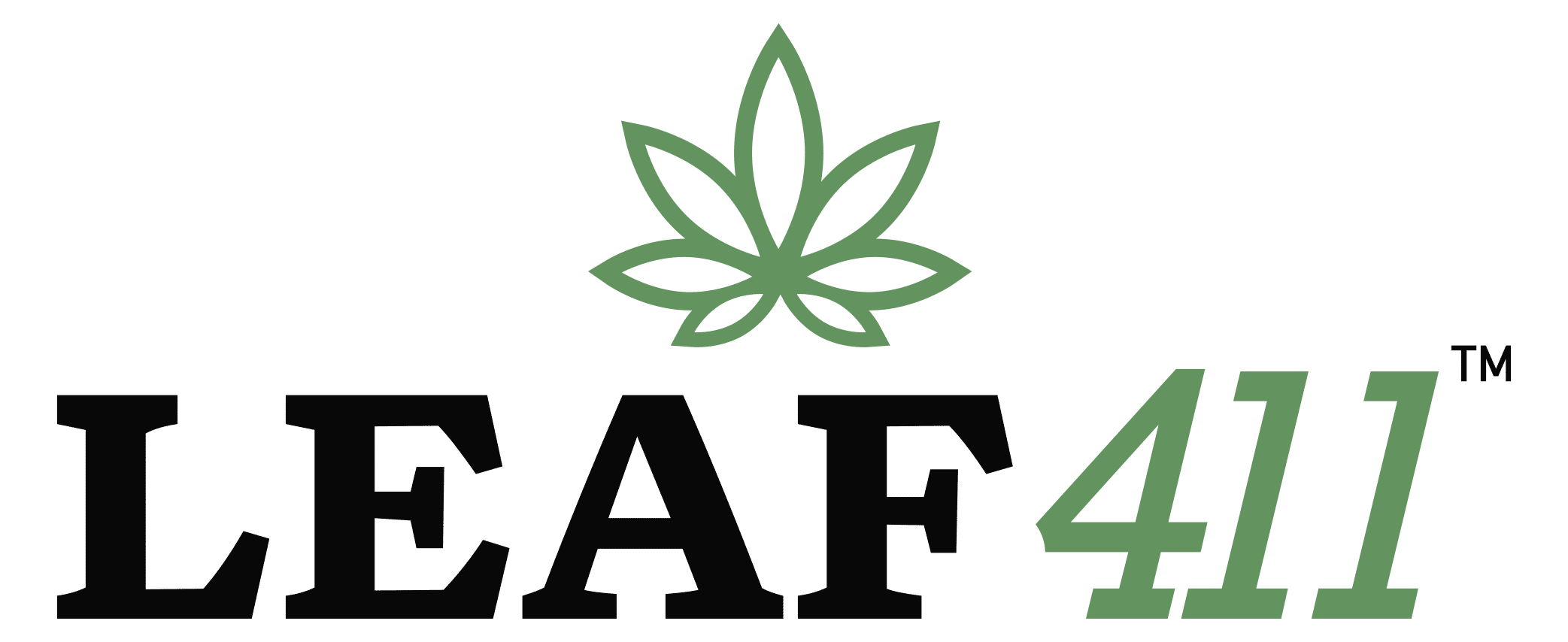Medically reviewed by Katherine Golden, RN
Written by Denise Rustning
The cannabis sativa plant has been used as medicine for over 1,500 years, according to historic records.
That can be hard to imagine sometimes, after nearly 100 years of cannabis prohibition in the United States.
Chances are good that you grew up hearing messages about the dangers of marijuana, complete with scary stories of addiction, irresponsible behavior, and negative health impacts.
Where did these messages come from? It’s a long story that we’ll be covering in a future blog, but the takeaway is that many of these negative stories and stereotypes were driven by politics and money, not by research.
Now, research is showing that much of the old propaganda simply isn’t true.

With legalization expanding at the state level, many people across all walks of life are going public with their use, showing that cannabis can be used responsibly for therapeutic or recreational purposes.
The cannabis plant contains many different cannabinoids, including tetrahydrocannabinol (THC) and cannabidiol (CBD). When we talk about cannabis, we’re really talking about two categories of products:
- CBD hemp products are now legal under federal law and almost all state laws (Idaho, Nebraska and South Dakota are the exception). CBD hemp comes from hemp plants—cannabis plants bred and grown to contain very little to no THC. Under federal law, CBD hemp products are limited to less than 0.3% THC.
- THC is the cannabinoid responsible for the “high” that people feel when using cannabis. Products containing over 0.3% THC are legally sold in dispensaries in states that have voted for legal recreational or medical marijuana.
Despite growing acceptance, many people run headfirst into misconceptions and stigma when considering whether to try cannabis themselves.

Tackling the Stigma: Cannabis Will Not Destroy Your Brain
Our hotline callers are often concerned about whether cannabis will kill brain cells. When we recently talked to Dave Gordon, MD, one of our Leaf411 Advisory Board members, he shared similar stories of patients who worried that cannabis would hurt their brains. Dr. Dave explained that in response, he shares the research showing that in fact, cannabis won’t harm the adult brain, and may even be protective against certain neurological disorders like Alzheimer’s and dementia.
Likewise, our hotline nurses always go to the research when answering specific questions about how cannabis may impact brain health. Peer-reviewed studies can be hard to decipher if you don’t have a medical background and clinical training. One reason we created the FREE Leaf411 cannabis hotline is to help bridge the gap between cannabis research and the public.

The Fear of Getting Too High from Cannabis
When people first call the hotline, they often express concerns that using any amount of THC at all, even the very small amount in CBD hemp products, will make them too high.
THC is not like a simple on-off light switch, though.
Instead, you can think of it like a gas pedal in a car, where more gas equals greater speed. The amount of THC you use will impact how much of the “high” you feel—or whether you feel those intoxicating effects at all.
For example, the amount of THC in a full spectrum hemp product is not enough for you to feel it—but it is enough to contribute to the entourage effect when the different plant compounds work together to provide enhanced therapeutic benefits.
Some people are most comfortable starting with CBD hemp products to test the waters and see if it helps their health concern. And CBD hemp is the only legal option for people living in states where recreational and medical marijuana are outlawed.
When you call the hotline, we listen and take your goals and priorities into consideration. We can provide specific guidance to help you minimize the risk of feeling “too high,” while also helping you find a product that is a good match for your needs.

THC: Bogeyman or Powerful Plant Ally?
You may still be skeptical about the power of THC, since that cannabinoid is at the root of the propaganda from the past century.
If full-spectrum CBD hemp products contain all the plant compounds, after all, then why is more THC needed?
It’s true that full spectrum CBD hemp alone provides relief for many people, especially when dealing with inflammation pain.
However, when someone is dealing with chronic neuropathic pain, a higher dose of THC may offer more relief, due to the fact that THC works with the same nervous system receptors that opiates do, without the problematic side effects that come with opiates.
The THC cannabinoid can also help with relaxation and mental release, whether you’re dealing with pain, anxiety or other health concerns. However, it can take some trial and error to find the best product, dose and even CBD:THC ratio for your needs.
At Leaf411, our goal is to empower our callers so that your experiences with cannabis are positive. Our hotline nurses have the training and experience to help guide you in the right direction on your journey.

Addressing Cannabis Stigma Among Clinicians
We know that not all doctors, nurses and other clinicians are on the same page when it comes to the potential therapeutic benefits of cannabis.
Keep in mind, clinicians grew up with the same stereotypes and stigmas as the rest of us. Odds are good that when they went to nursing or medical school, they received little to no education on cannabis, either. For example, a study published in 2017 found that only 9% of medical schools included education on prescribing medical marijuana.
As clinicians ourselves, we always suggest that you discuss your cannabis use with your primary care provider. As providers see more patients who are successfully using cannabis to treat different health conditions, their own minds may be changed about the power of plant-based medicine. In our interview with Dr. Dave, he makes some suggestions for how to broach the topic with your primary care provider.
State legalization, as well as federal legalization of CBD hemp, has put cannabis on the radar for many physicians, nurses and other clinicians. When we talk to our colleagues, we hear them saying that they know their patients are turning to CBD hemp and marijuana as an alternative.
However, as long as cannabis remains illegal at the federal level, many clinicians are reluctant to proactively suggest this option to patients, especially when they don’t have specialized education to guide their recommendations. In addition to a lack of knowledge, they face potential professional repercussions from their own employer or licensing bodies.

Pioneers in the Field: Cannabis Doctors and Nurses
Despite the challenges, many doctors and nurses are actively seeking out the research and training to provide medically-sound guidance to patients on cannabis as a treatment option.
They may be like Dr. Dave, who saw the limits of conventional medicine in bringing relief and balance back to patients’ lives. He began digging deep into the research after realizing he needed better tools.
They may also be like our very own CEO, Katherine Golden, RN, a nurse with over 22 years of experience. She turned to the research when helping a family member who had a cancer diagnosis, and found compelling research on cannabis in well-known medical databases like PubMed and ScienceDirect.
In the coming month, we’ll highlight our Leaf411 hotline nurses, as well as the special training they undergo to prepare them for your calls.
The Leaf411 Hotline: A FREE Public Resource for Your Cannabis Questions
Our hotline nurses are ready to answer your questions on our free anonymous hotline. We combine our nursing expertise with specialized knowledge of the medicinal benefits of cannabis, providing balanced, research-based information and support. Call us at 844-LEAF411 (844-532-3411).
The Leaf411 cannabis nurse hotline provides free, anonymous education and directional support to the general public about the safe use of legal cannabis. We partner with select business members who meet our rigorous standards to extend our education and outreach efforts.
